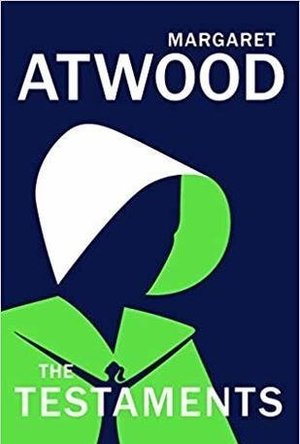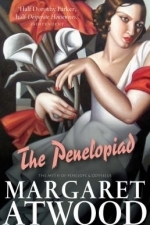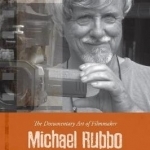
The Documentary Art of Filmmaker Michael Rubbo
Book
Michael Rubbo's ground-breaking work has had a deep and enduring impact on documentary filmmaking...
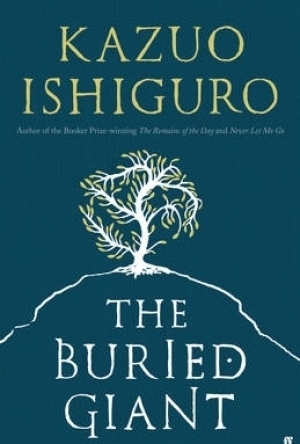
The Buried Giant
Book
'There's a journey we must go on, and no more delay...' This is the extraordinary new novel from the...
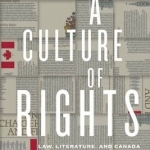
A Culture of Rights: Law, Literature, and Canada
Book
With the passage into law of the Canadian Charter of Rights and Freedoms in 1982, rights took on new...

Gold Fame Citrus
Book
Read our interview with Claire here. 'Extraordinary power and beauty' New York Times...
ClareR (5879 KP) rated The Testaments (The Handmaid's Tale #2) in Books
Sep 22, 2019 (Updated Sep 23, 2019)
The Testaments is written from three different perspectives. I was delighted to see the return of Aunt Lydia - and she seems to have hit her stride. She’s much more sure of herself here, even though she is still having to watch her back. Gilead may be ultra-religious, but that doesn’t stop the literal back-stabbing. Aunt Lydia shows just how high the poison has spread. We see more than the subservient Aunt that she seems to be in front of The Eyes, and her backstory is fascinating.
Then there is Agnes, a child brought up in Gilead in a high profile family. We see how girls are ‘educated’ in a world where women and girls aren’t allowed to read and write. Agnes is contrasted with Daisy, a teenaged girl living in Canada, who was smuggled out of Gilead by her mother as a baby. There are obviously some pretty big differences. I don’t actually want to say too much, because I hate having my own reading experience ruined.
I loved this book. I really liked that by the end we couldn’t actually be sure whether Aunt Lydia’s records were genuine or fabricated. The symposium at the end (just as there was at the end of The Handmaid’s Tale) casts doubt on the authenticity of the papers that were found. Just like any written records found in this situation, historians have to be open minded about who could have written them. So we’re left wondering at the end whether what we’ve just read is actually what happened.
So does this deserve to be on the Booker Prize 2019 shortlist? Yes, I think it does. I believe it’s well written, I finished feeling thoroughly entertained and emotionally exhausted! I liked the open end too. Whether Atwood does anything with this open ending is up to her really, isn’t it. But I won’t be disappointed if she decides to leave the world of Gilead here. This book is a great way to end the story.
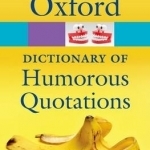
Oxford Dictionary of Humorous Quotations
Book
This hilarious collection of humorous quotations, full of wisecracks and wit, snappy comments and...

If I Could Tell You Just One Thing...: Encounters with Remarkable People and Their Most Valuable Advice
Book
Adventures in advice with some of the world's most remarkable people. President Bill Clinton, Clare...
Reproductive Acts: Sexual Politics in North American Fiction and Film
Book
Forty years after Roe v. Wade, it is evident that the ideologies of "choices" and "rights," which...
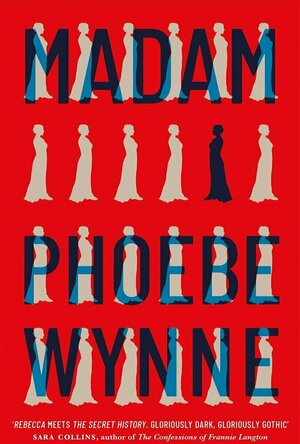
Madam
Book
'Rebecca meets The Secret History. Gloriously dark, gloriously gothic' Sara Collins, Costa First...
Rachel King (13 KP) rated The Penelopiad in Books
Feb 11, 2019
Margaret Atwood does an excellent job of portraying the character of Penelope in a unique way without disrupting what we know of her from the original text. In this book, Penelope tells her story from beyond the grave, interspersed with her interactions with other known characters of that time, such as her self-involved cousin, Helen of Troy. Penelope balances many opposing traits into one body - from the bitter housewife, to the scheming seductress, to the self-sacrificing devotee - and still comes out as an admirable woman and wife that few could emulate so convincingly.
The chorus of maids served as both a comedic interlude in a rather tragic story and as further commentary of Penelope's story and their shared fate. Irony played a large part in the maids' story and final demise. Margaret Atwood's explanation for their cumulative death following the deaths of the numerous suitors made perfect sense according to the arrogance and bravado attributed to Odysseus from Penelope's account.
In many ways, this book bears strong themes of feminism, despite Penelope's loyalty to Odysseus. Though I imagine that The Odyssey portrays Odysseus as a grand hero worthy of respect, Penelope's narrative of him both in life and in death makes him out to be at times a philandering womanizer with immeasurable luck and other times a melodramatic little boy with an overactive imagination and an insatiable appetite for adventure. The ones who seemed to endure the most suffering in this plot were the ones that were shown the least respect and recognition - the women.
